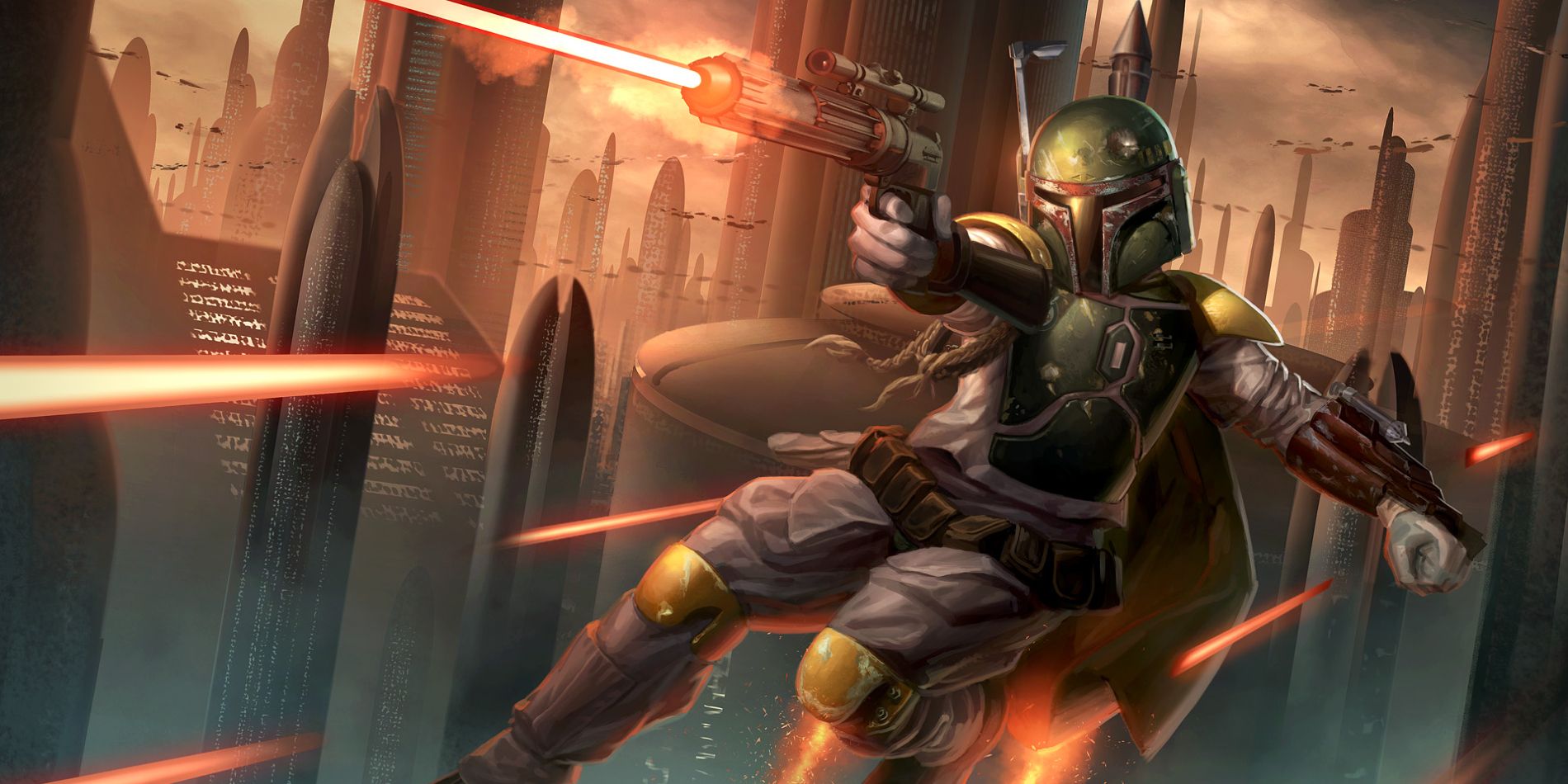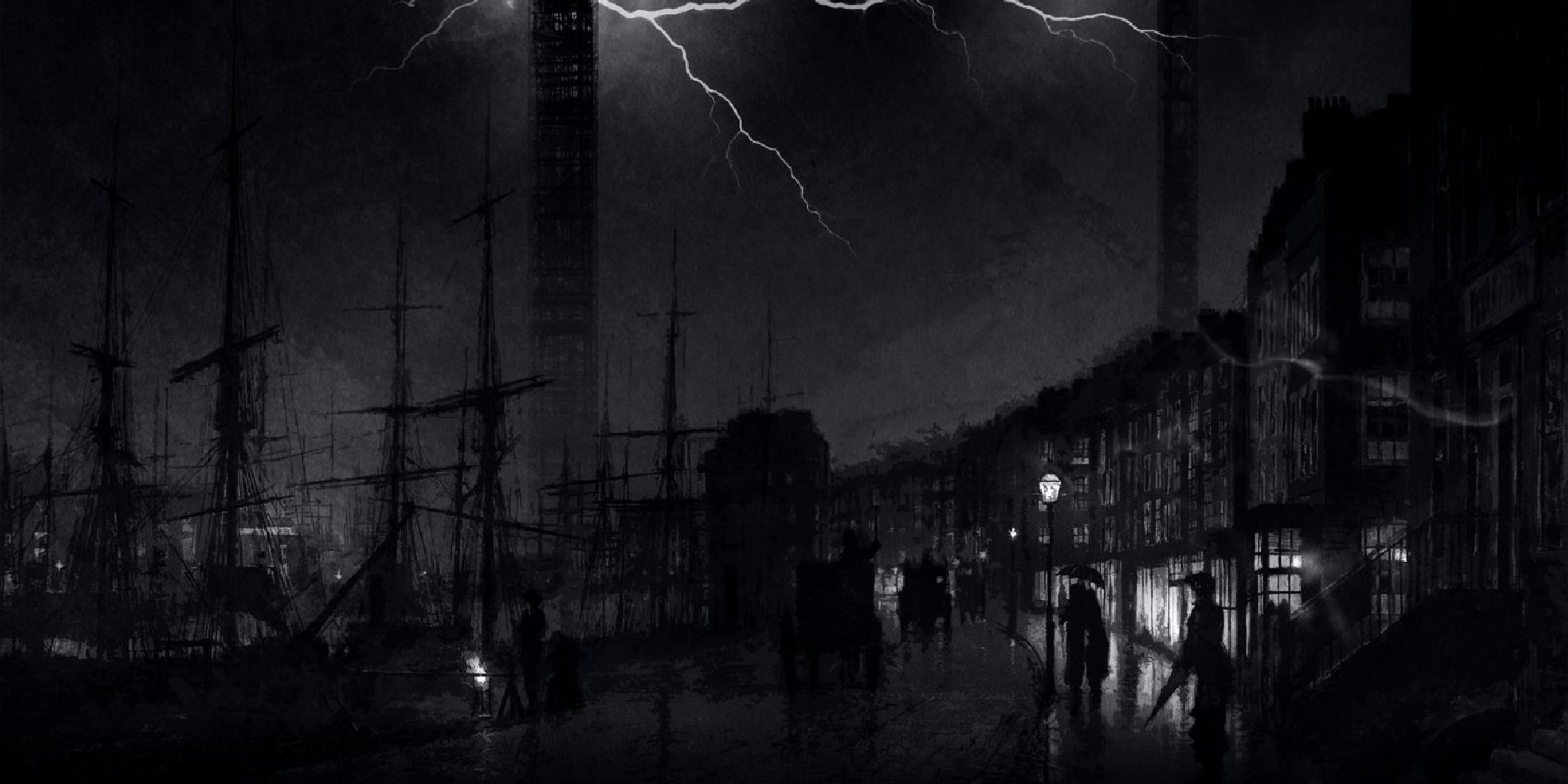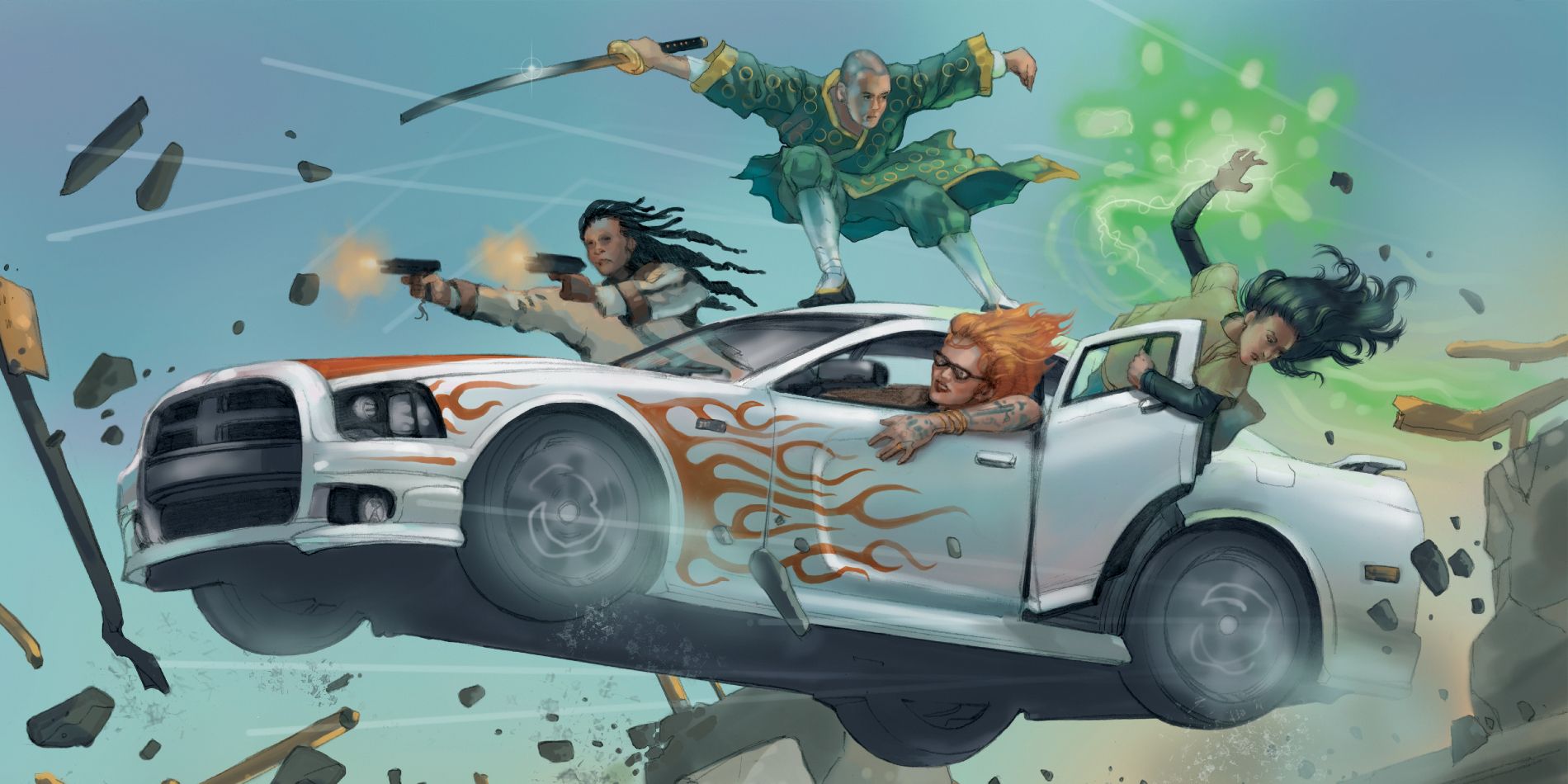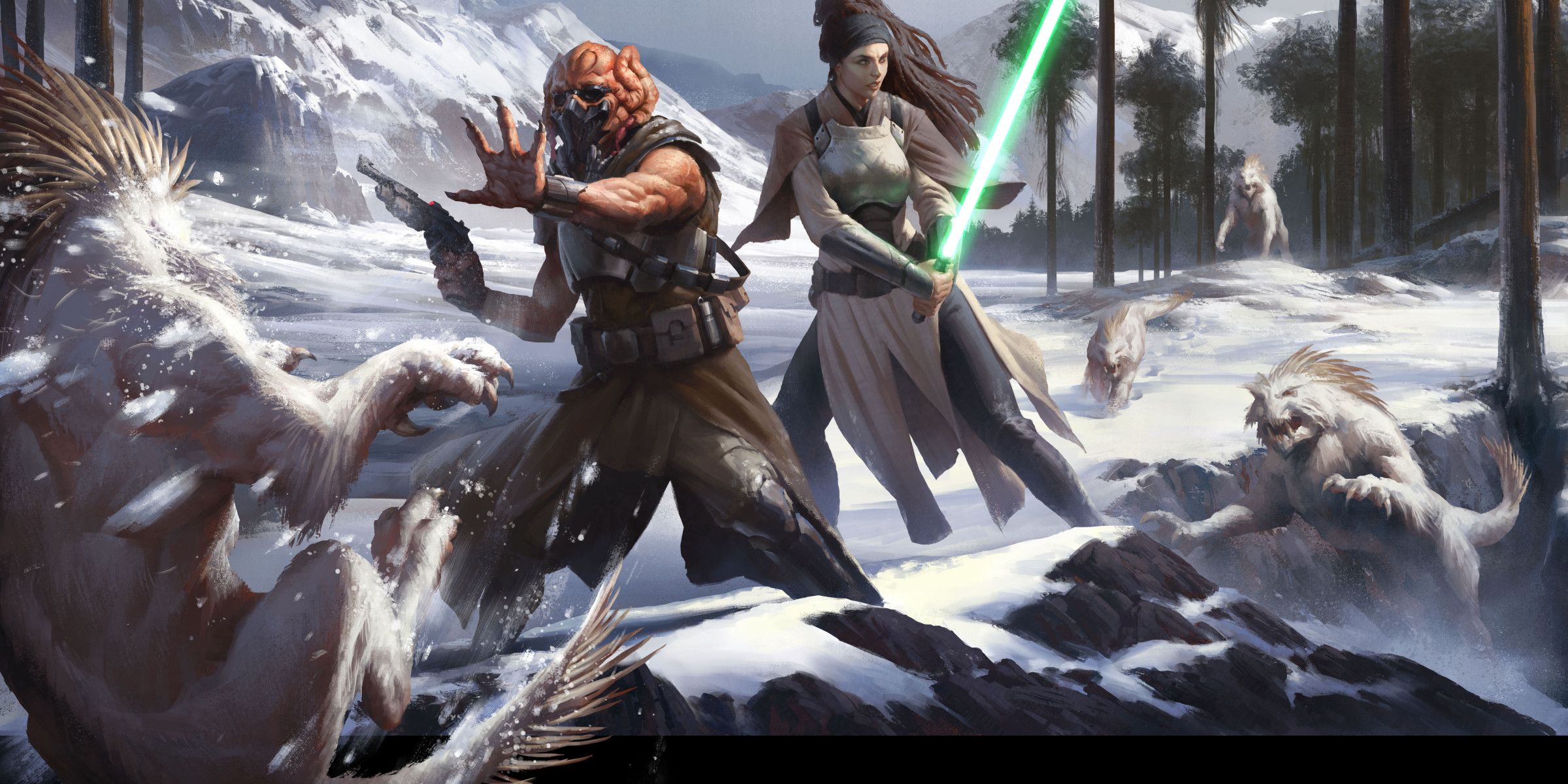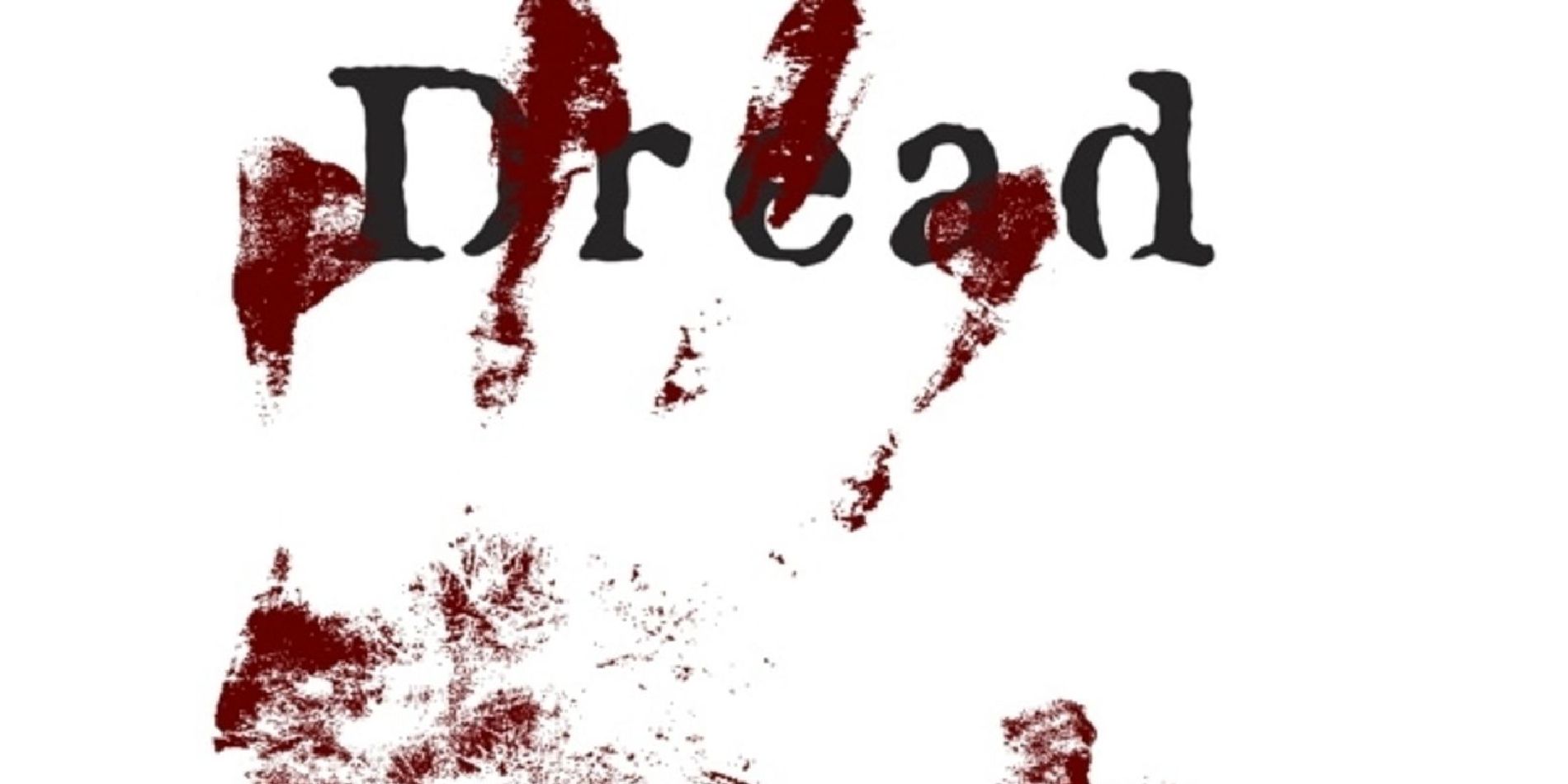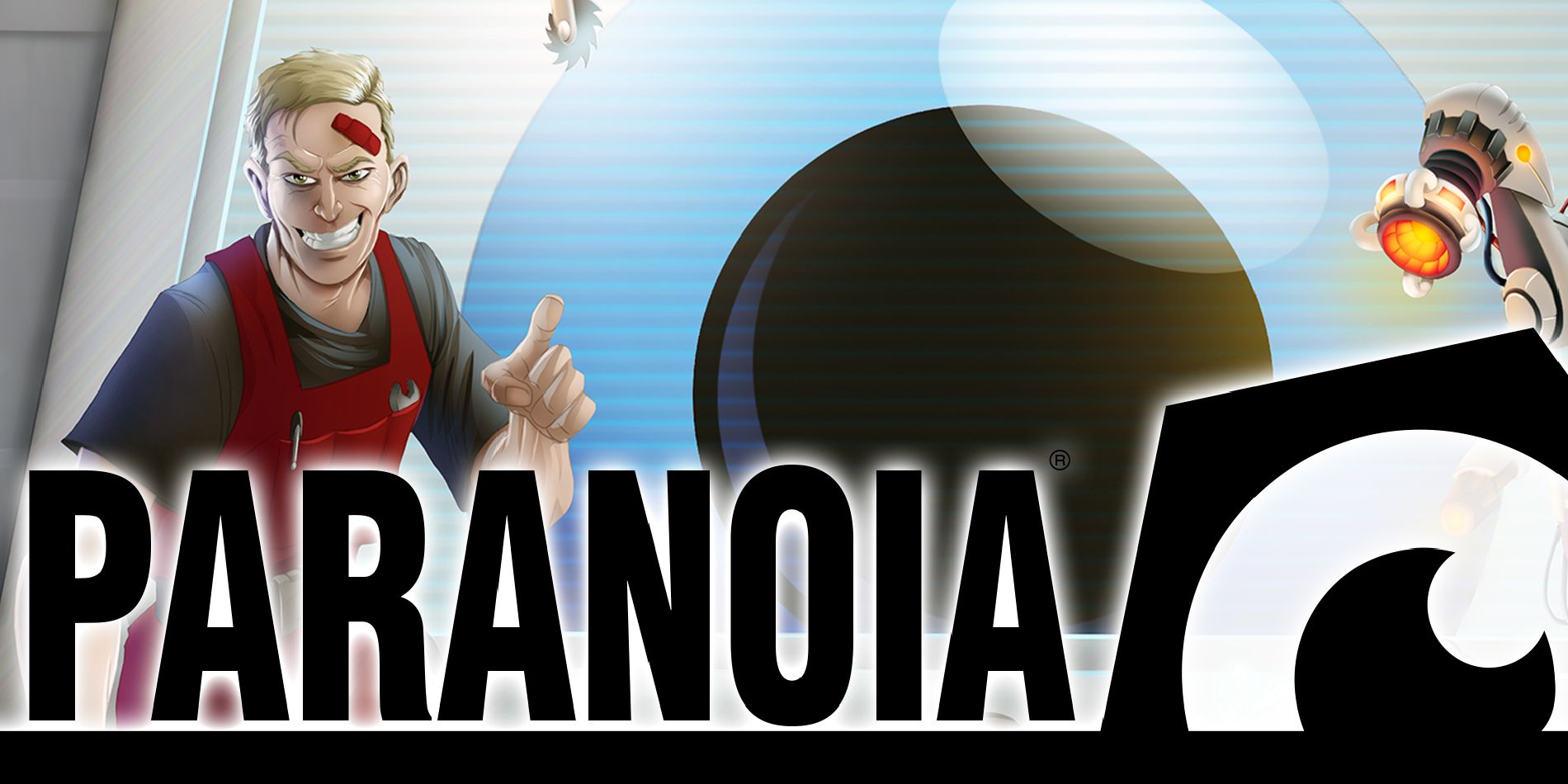Dungeons & Dragons and Pathfinder are well-known fantasy RPGs -- and for good reason. But for those looking for a different experience, be it a different genre or simply a different system, here are a few of our picks for some equally excellent alternatives.
Blades in the Dark
This game is recommended for payers looking for something similar to D&D's gothic Ravenloft setting, or for those who enjoy the devilish dare-and-do of the criminal underbelly.
Published by Evil Hat Productions in 2017 after a successful Kickstarter campaign, in Blades of the Dark you play as a member of a band of criminals in the Gothic Victorian-inspired city of Doskvol. This city is a place of eternal night and haunted alleyways. Your task is to climb its ranks of organized crime. In order to get there, you and your crew will partake in heists, solve supernatural mysteries and go knife-to-knife in bloody skirmishes. If you want a different flavor of fantasy, Blades of the Dark is for you.
Feng Shui 2
If you love Street Fighter or other flashy fighting games, then Feng Shui is for you.
The original Feng Shui RPG came out in 1996 and remains a favorite for many due to its heavy emphasis on style and flare in the ilk of Hong Kong action films. The 2015 version simplifies character creation and expands the setting, taking players through four separate periods in Hong Kong's history. This is a fast-paced, act-before-you-think kind of thrill ride. You'll move from action scene to action scene pulling off outrageous stunts through the use of special abilities humorously called "schticks." If you want an RPG that doesn't stop to breathe, this one is for you.
The Star Wars Roleplaying Game
For sci-fi fans -- especially ones who spent their childhoods pretending they were a Jedi or those interested in playing with a unique set of dice -- nothing beats the Star Wars Roleplaying Game.
For the justifiably confused, the most recent Star Wars Roleplaying Game was published by Fantasy Flight Games in 2012 and is not one of the other seemingly endless variations on Star Wars RPGs that have been produced since the '80s. The game also consists of several different rulebooks suited to different character types and/or time periods in the Star Wars universe. For example, "Edge of the Empire" is geared towards smuggling while "Force and Destiny" is centered on Jedi under Imperial rule.
The game is brilliant for fulfilling the childhood fantasies (we've all had) of living George Lucas' world. Interestingly, the game uses a unique set of custom dice. But never fear, if you want more sets of the RPG's dice, the game also has stickers you can put over your usual polyhedrons.
Dread
As you'd expect, Dread is recommended for horror fans but also for those good at Jenga, as well as players looking for an innovative, rules-lite system.
Dread is a bit different than your average tabletop RPG. For starters, you need an aforementioned Jenga tower to play. Whenever your character has to make a skill check, they must successfully extract a Jenga block and stack it without the tower falling. If things come tumbling down, the character dies. It's simple. Detractors will call it gimmicky. But it is highly successful in ramping up the tension.
One thing to note is the prioritization of storytelling over mechanics. This is more theater than it is a game. The story can be set in any horror setting of the game master's choosing and in all likelihood, you won't survive. But it's certainly fun to try.
Paranoia
For those looking for a competitive but comedic experience, look no further than Paranoia.
Paranoia is set in a dystopian world in which a paranoid super-A.I called "Friend Computer" runs an underground city inhabited by the players, known as "troubleshooter," who are sent on missions by the A.I. Oftentimes the missions are completely ludicrous, consisting of fatal instructions or faulty equipment and every character has their own agenda which runs counter to other troubleshooters.
Like Dread, it's more focused on storytelling than tactics and math. Unlike Dread, it's a hilarious romp filled with dark humor and a competitive spirit. The game is full of backstabbing, so it's best if you don't take things too personally. The good news is that you have six clones of yourself that replace your character when you die -- which is very likely.

